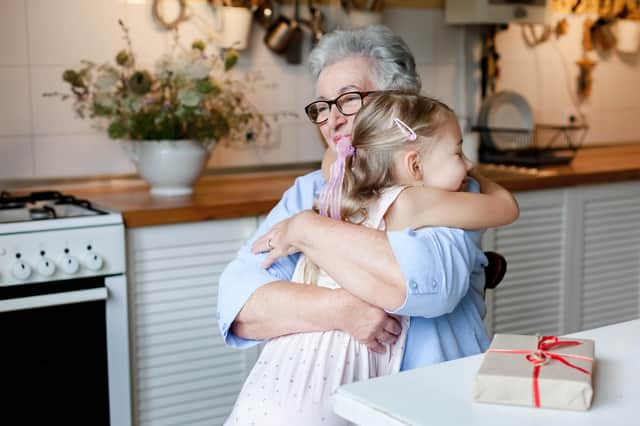It's not just what we do but how we do it - Jenny Mackrell


A simple example of this was the prohibition of giving and receiving of gifts and being discouraged from physical contact such as hugging. There would be several opportunities where the giving and receiving of gifts for birthdays, Christmas, graduations would all seem perfectly normal and appropriate however we needed to constantly reiterate that this was not allowed due to “policy and procedure” so as to “keep children safe from harm”.
The young people would not like this but they would accept this as another “rule and decision” placed upon “them” by the adults in their lives.
Advertisement
Hide AdAdvertisement
Hide AdMy curiosity and asking “why” a lot led me to be offered an opportunity to be part of the first pilot project in the UK working with social pedagogues. This opportunity gave me a narrative for challenging the status quo and really seeing the outcomes and value of building authentic and genuine relationships with young people.
As human beings whether adults or children we are constantly dependent on others and interdependence conveys mutual support, reciprocity and a strong reliable social network. Within these relationships some may be temporary and others longer lasting, some will be positive and some negative.
As professionals we may have personal opinions about some of the relationships our young people may have with others. However these relationships are “their” relationships and part of their world. Our role is to support, listen, guide and offer advice when requested to help them navigate this area.
As a residential childcare worker we are often labelled as “therapeutic”. This does not mean we have a specialist qualification, but we are therapeutic in the act of building relationships through giving children attention, kindness, time, and being present. Many of our children have suffered significant trauma, building relationships is always going to be a challenge.
We now know from research that one part of the healing process is the building of healthy relationships and most of the things we learn in life are in the context of human relationships. Love is an essential part of those relationships, and without this as human beings we are physiologically at risk. There are of course different types of love such as romance, the love of pets, the love of cars, the love of a job, love of family and friends.
The change I now embrace is the opportunity we now have to continue with relationships with young people when they have left our home and care. As human beings we are intricately connected and interdependent.
At times this has been undervalued in social care practice, with “independence” being a focus of the end goal in preparing our children for leaving our care rather than the need for others in their lives. At their request I recently supported a care leaver to a funeral where physical hugging was absolutely needed and given. The presence of myself and a keyworker was testament to the relationships we had built and the support network this young person had around them.
Social pedagogy says “it's not just about what we do, it is about how we do it”. Our building of relationships is not just what we read from a textbook, it's about a physical action. Our relationships need to be dynamic, emotional, nurturing, authentic, genuine and trusting, so let's take the time to build a positive interdependent relationship as time is something we all have in common!
Jenny Mackrell, Residential Manager, Spark of Genius, a member of the Scottish Children’s Services Coalition
Comments
Want to join the conversation? Please or to comment on this article.